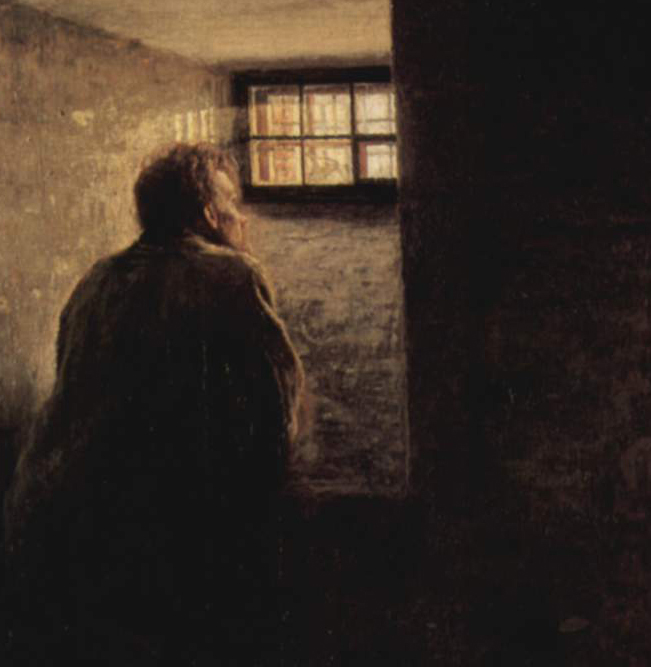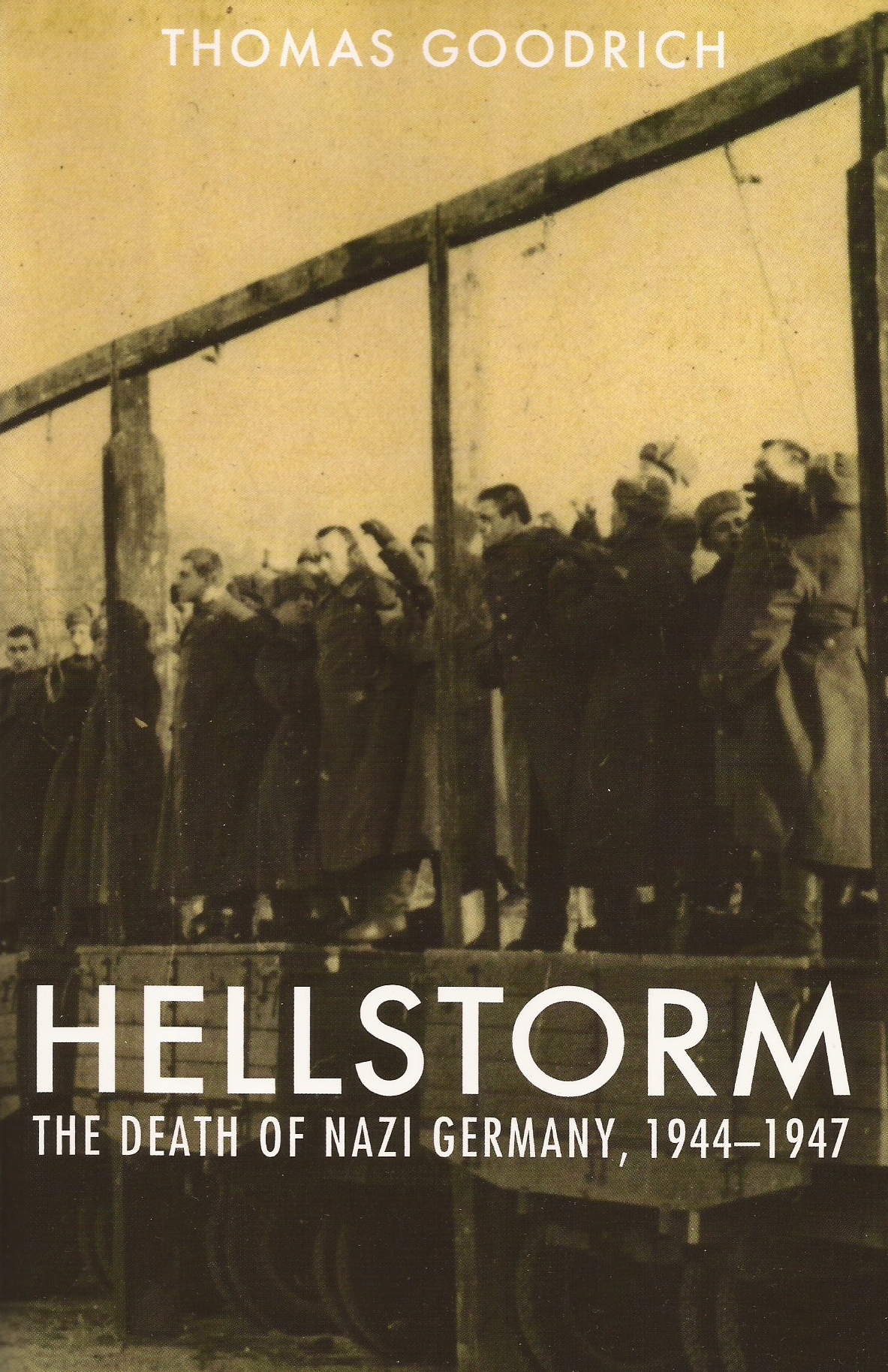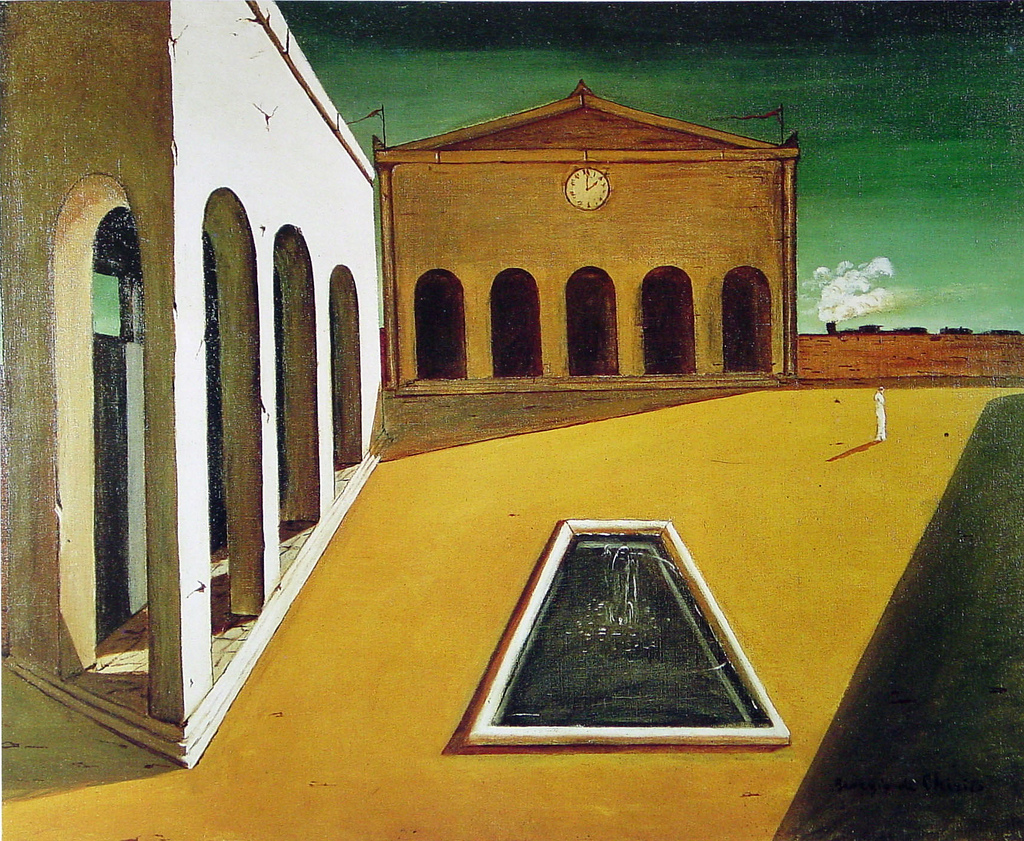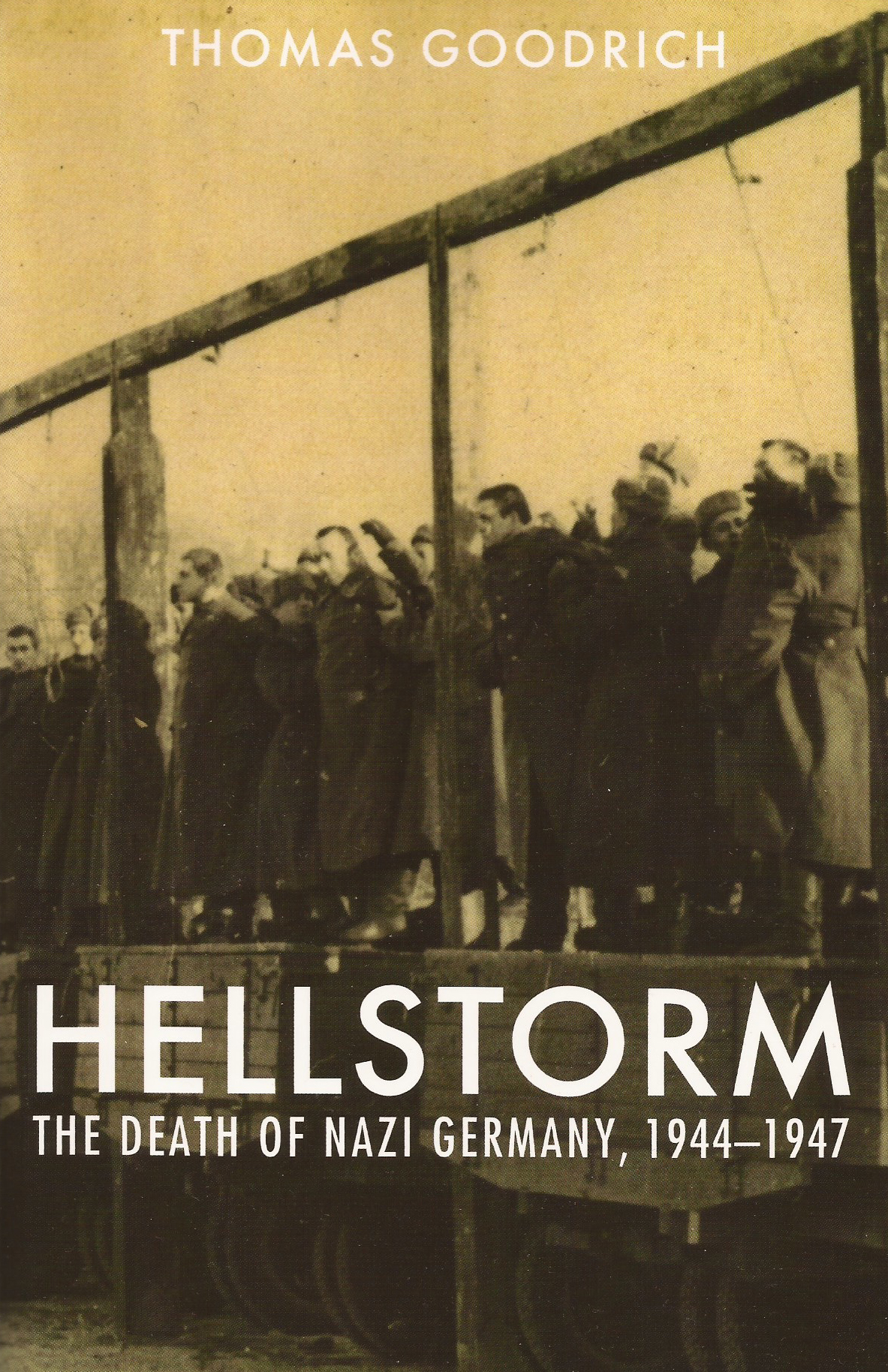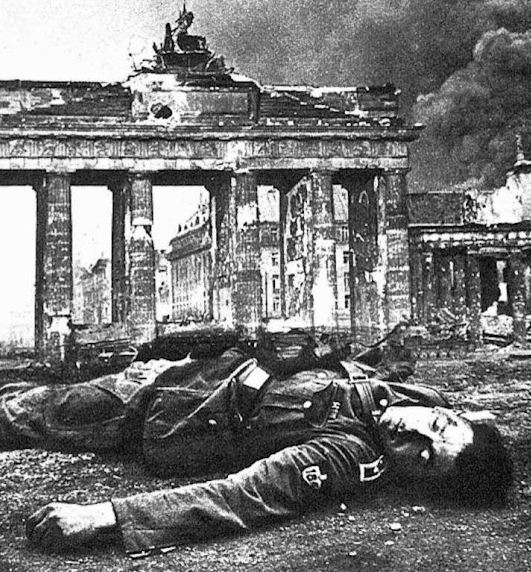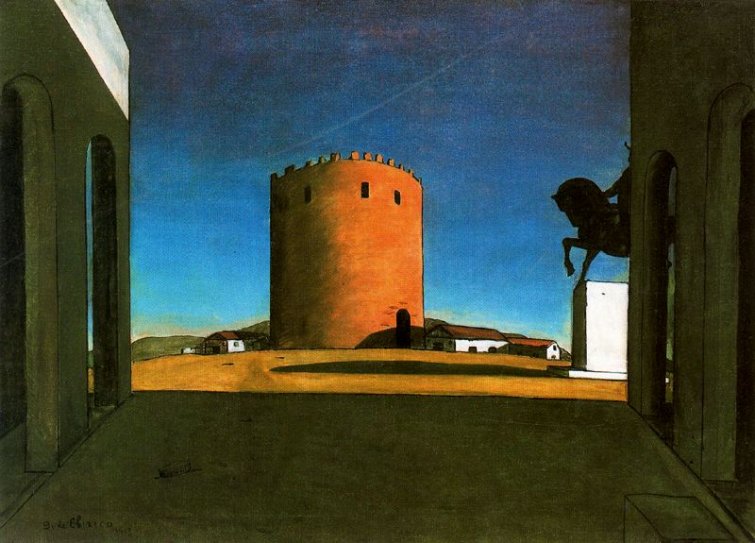I am tempted to permanently freeze this site with this entry because I don’t see any grieving process among white nationalists at both sides of the Atlantic regarding the Crime of the Age, as explained in my previous post.
It is truly amazing that potentially the most revolutionary subject in the whole pro-white movement—the real history of what happened during and after the Second World War—is of little or no interest to those who claim to be rebelling against the anti-white regimes of the West.
September 27 postscript
Some misunderstandings about this brief post (see thread below) move me to add a postscript:
I’m not sure what you expect. You make a post and expect people to fall over themselves in reaction to it?
Of course not. Since I have the habit of indulging myself in long soliloquies, I assumed (wrongly it now seems) that readers were guessing my thoughts.
Forget this blog. When I said that white advocates at both sides of the Atlantic are not interested in this subject I meant that the necessary, soul-healing mourning about the monstrosity committed by the Allies was defaulted; and that the default has led the West into this sort of Morgenthau Plan “lite” for all whites throughout the entire West.
Solzhenitsyn said something similar in his great book. He complained that, since there was no Nuremberg Trial for the much larger crimes committed in his country, Mother Russia has defaulted moral healing. With his book Solzhenitsyn tried to do a late mourning so to speak, to make people feel the pain of the enormity of what had happened decades before in Russia when no actual mourning was allowed to occur.
It is true that the Americans and even those who grant Nobel prices supported Solzhenitsyn in the Cold War. Alas, unlike the Russian, Goodrich is a perfect unknown and thus I am not blaming the millions of westerners for ignoring what happened in Germany. We are all victims of ubiquitous propaganda (which means that, in a sense, the Second World War continues).
However, now that books like Goodrich’s are still in print and unlike Holocaust denial uncensored, the subtle message of my latest entries was clear to me: let us atone for the sins of our culture by means of a late mourning; let us face our painful history (which is why I’ll be quoting extensively from Kemp and Pierce’s books in my other blogs). We don’t have the power of the publishing houses that sponsored Solzhenitsyn. The only thing I can do is to freeze this blog with the Hellstorm posts on the first page so that anyone who hits it will have the opportunity to discover Goodrich and the other authors.
I firmly believe that, in order to expose the Morgenthau Plan “lite” that has been imposed on the white race after the the Second World War we all must know the real facts, the actual happenings and events during and after the war. Since it is a process that horribly pains the soul it may be considered mournful (just as it is so painful to read the Gulag). But I am convinced that that’s the only way to heal the rotten soul of present-day westerners, just as the only way to heal a congested heart is open surgery.
Let me use a final example. The experience I have had with cults that forbid mourning and bereavement among the faithful is peculiar: the mind only represses the pain and pathologic symptoms appear. Pace traditional religious teaching, forgiveness and forgetfulness are a very toxic magic: the pain just remains congested and unprocessed deep within our heart. That’s why all healthy cultures recommend a period of mourning after a loss—a surgery for the soul—and believe me: what we all lost after the War is still unprocessed.
We got to process it if we are to heal spiritually.
